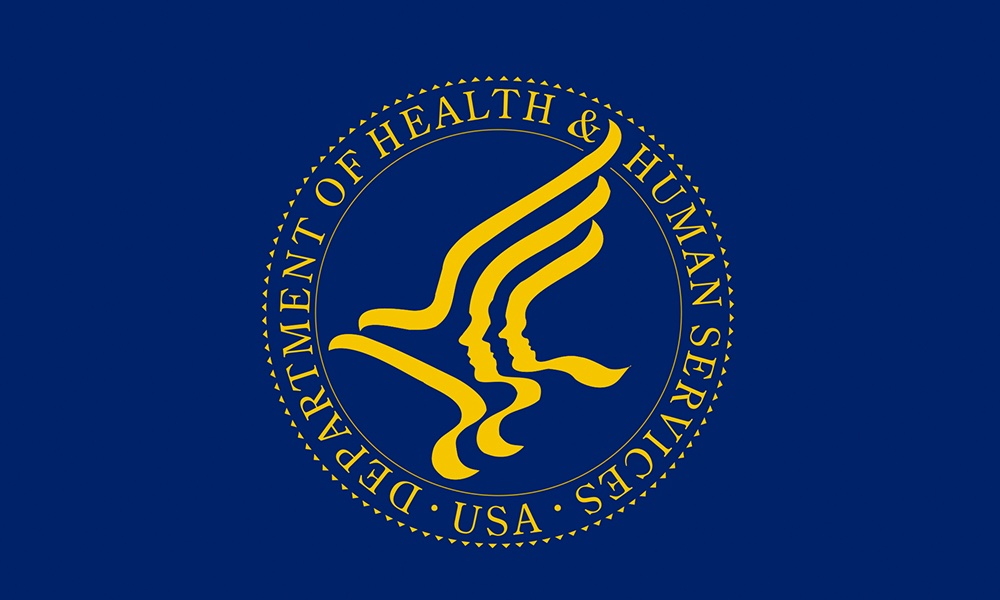Low carb? Low fat? High protein? Everyone has an opinion about the best diet, but even the experts can’t agree. Maybe none of that matters suggests a new study. Maybe we just need to eat healthy food.
The diet debate mostly revolves around the proportion of macronutrients — carbohydrates, protein and fat — we should eat. There hasn’t been much research into how these diets affect the risk of heart disease, however.
To get a clearer picture of the impact of diet on the heart, researchers at Beth Israel Deaconess Medical Center looked into how three diets, each one emphasizing a different macronutrient, affect a marker in the blood that reflects heart damage. All of the people in the study had increased blood pressure, but none were on medications to control either blood pressure or cholesterol. They were fed three different diets for six weeks. Each diet emphasized a particular nutrient — carbohydrate, protein or unsaturated fat.The changes happened quickly, within six weeks.
At the end of six weeks, the researchers looked at how the diet affected markers in the blood that reflect heart injury and compared them to each person’s baseline level. Highly specific tests showed that all three diets reduced inflammation and injury to heart cells.
The researchers reported that the changes happened quickly, within six weeks. But the most important news was that the amount of carbohydrate, protein or unsaturated fat a person ate made no difference; it provided no extra benefit. This is significant because dietary changes affect heart injury rapidly, so dietary changes can reduce injury quickly. What was important was the overall healthfulness of a person's diet.
It seems likely, then, that macronutrients don’t matter as much as has been hyped, though micronutrients are important. The upshot is that the best dietary advice is for people to just eat healthy foods, without all the calculations and rules. Not only is the healthy food approach much simpler, but it makes it more likely people will eat a healthy diet, which offers all kinds of benefits.
If you are frustrated with all the debate about carbs, protein and fat, the takeaway from this study is clear: The type of diet you choose to follow to reduce risk of cardiovascular disease doesn’t matter much. What you need to do is eat a balanced diet that includes fruits, vegetables, lean meats and plenty of fiber. And you should also limit red meat, sugary drinks and sweets.





